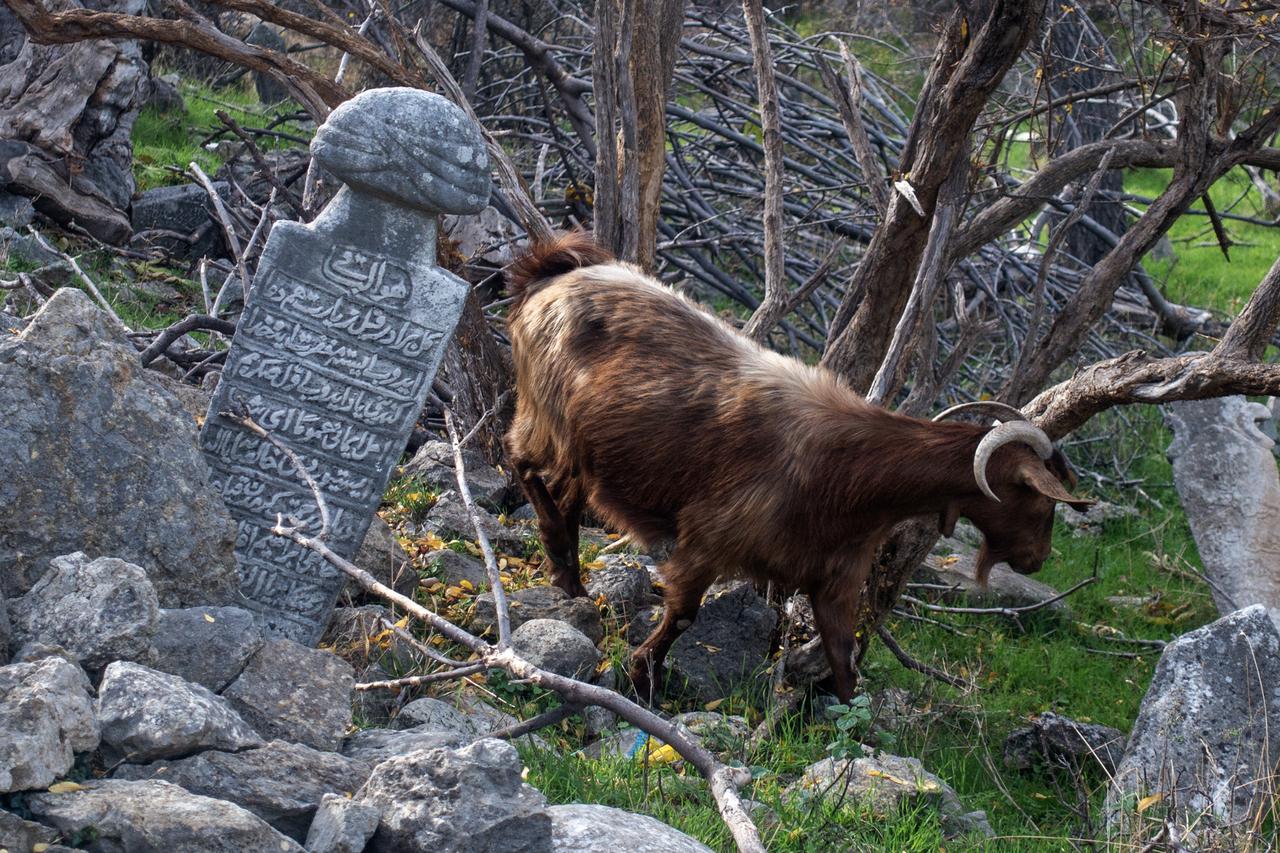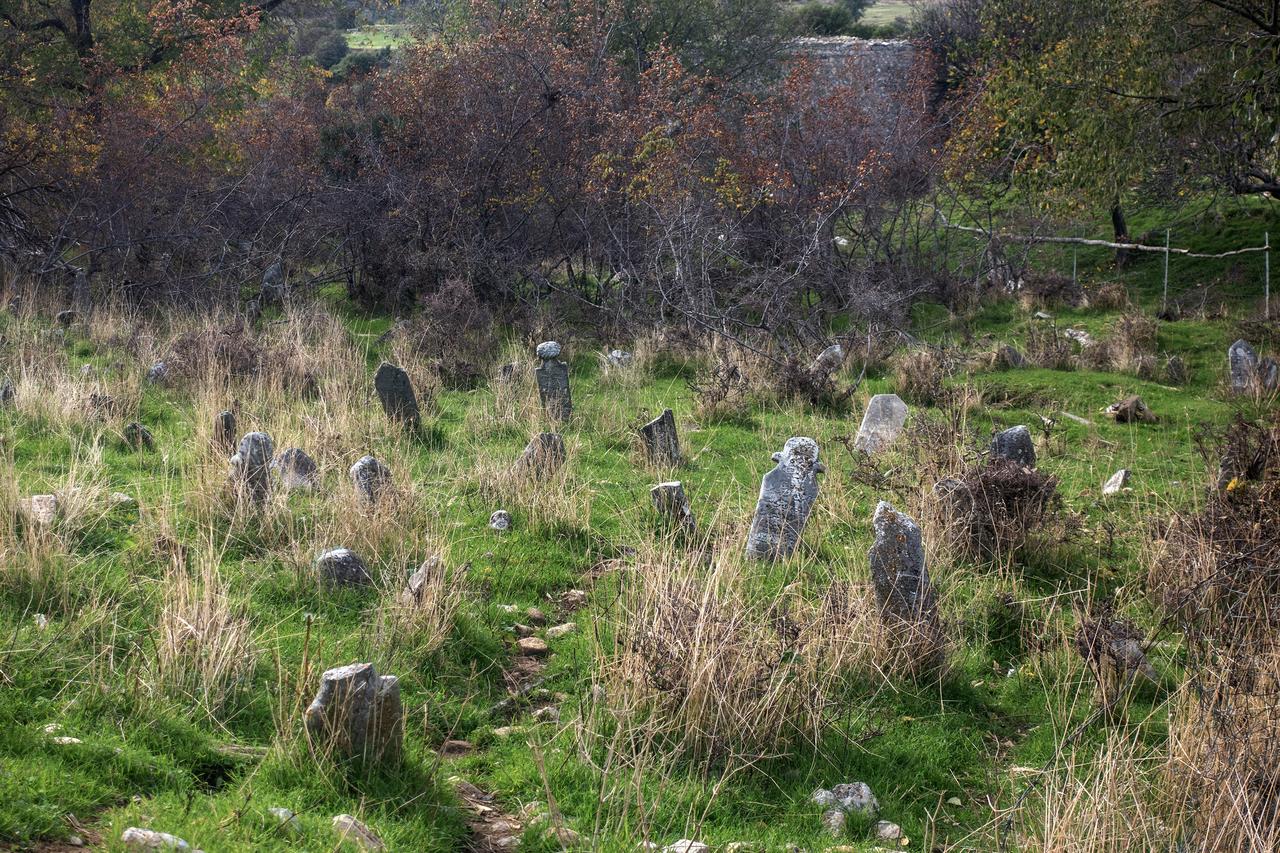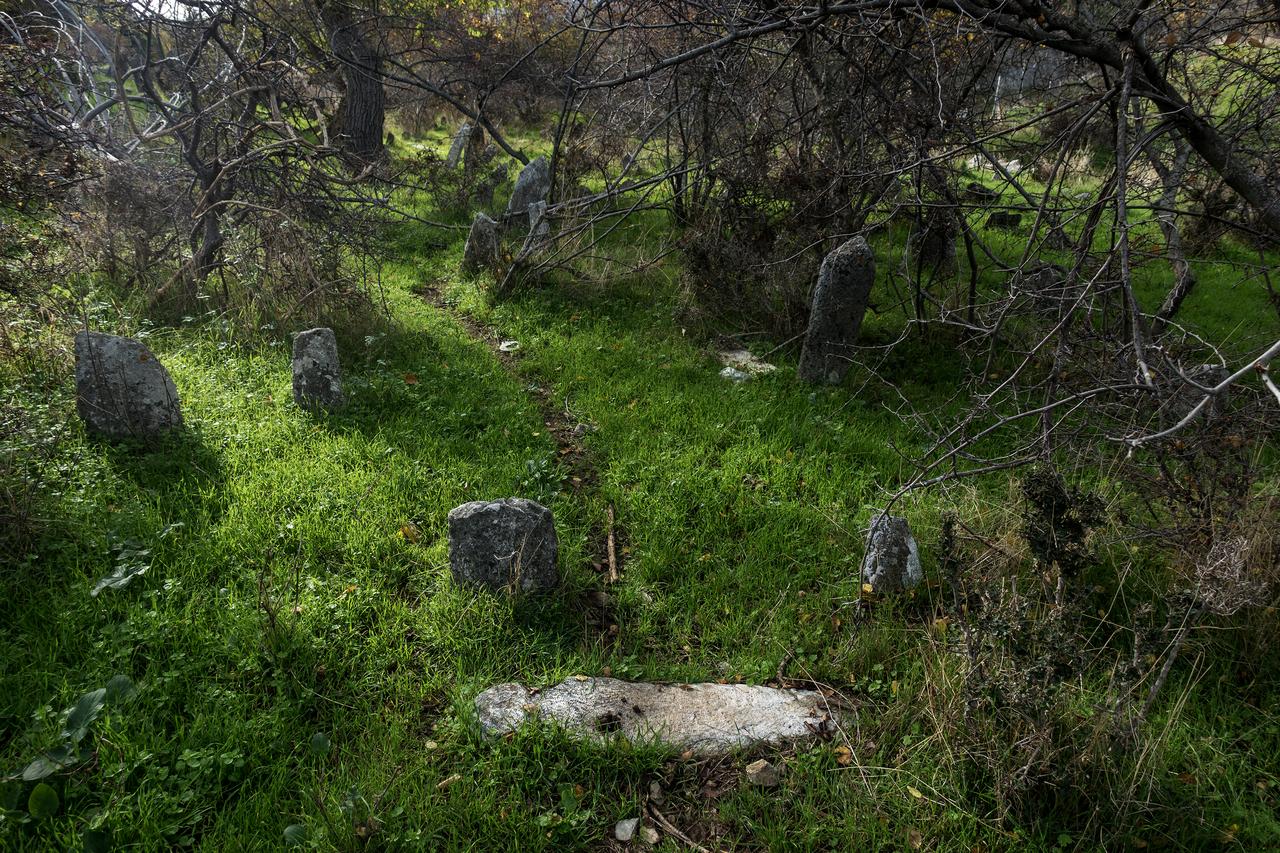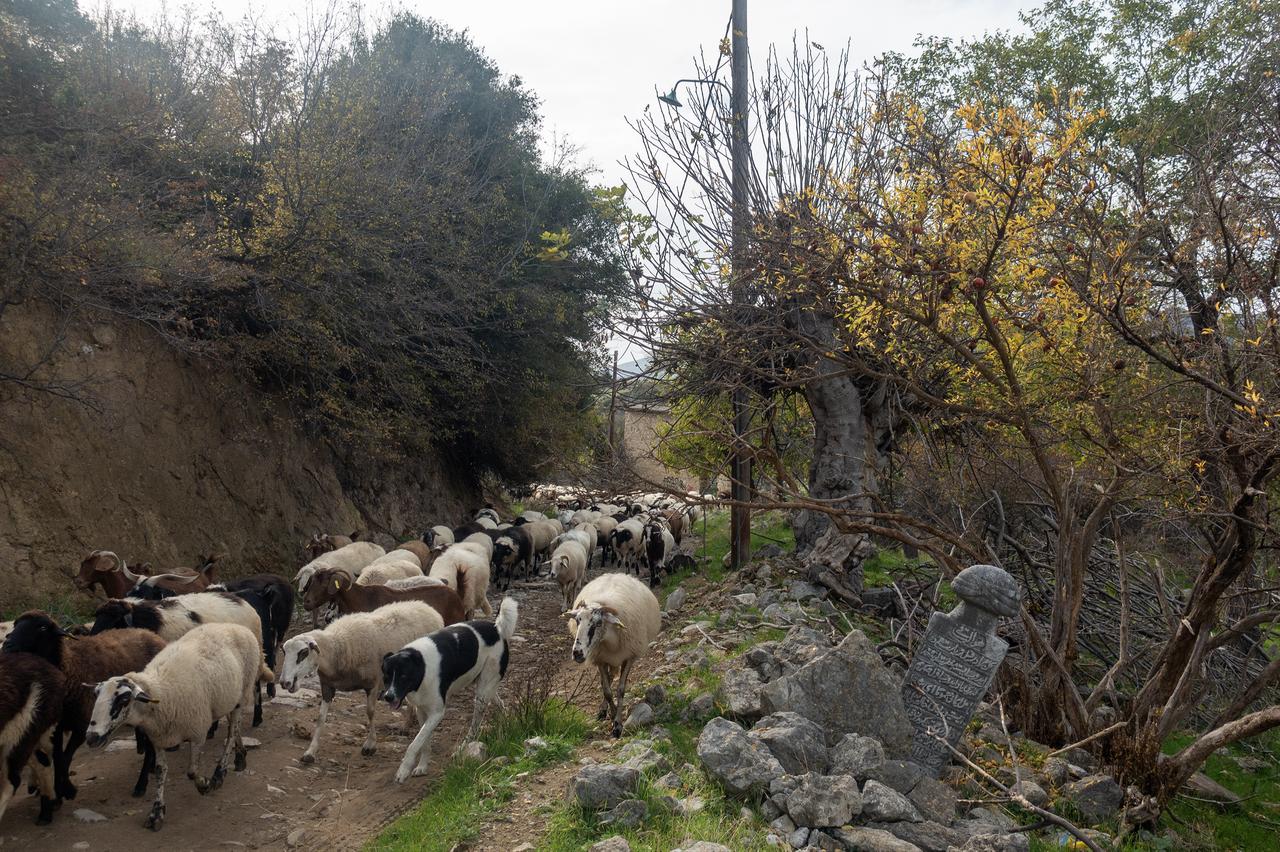
Historic Ottoman-era cemeteries in the Xanthi region of Northeastern Greece continue to face deterioration, as community representatives say local efforts to safeguard these sites are increasingly met with new administrative restrictions. Mustafa Trampa, head of the Western Thrace Turkish Minority Advisory Board and the elected Mufti of Xanthi, said the protection and cleaning of these cemeteries should be regarded as both a natural right and a responsibility for local residents.

Trampa explained that recent reports in local media and social platforms show that interventions at Ottoman heritage sites have taken on a new dimension. He noted that in previous years, volunteers were able to clean abandoned village cemeteries without any obstruction, yet such activities are now becoming subject to approval from the Archaeology Directorate.
The latest example took place in Celepli, a village near Xanthi abandoned in the 1960s. Although no one lives there today, the site contains three cemeteries dating back to the Ottoman period. About a year ago, a volunteer group cleared one of these cemeteries, removing overgrown vegetation and uncovering several gravestones that had lain buried beneath the soil.

According to Trampa, once images of this voluntary cleanup were shared on social media, the Xanthi Archaeology Directorate declared the area a historic cemetery and stated that no intervention could take place without official permission. A complaint was reportedly filed, and authorities informed the group that one participant would be called to give a statement.
Trampa emphasized that many Ottoman-era structures in Western Thrace have already suffered extensive damage at the hands of treasure hunters. Several cemeteries have disappeared entirely over the years, he said, yet despite this, there were no attempts in the past to provide protection or oversight.
He underlined that some villages are so remote that they are not accessible even by vehicle, and only a handful of gravestones remain in certain locations. The fact that basic cleaning efforts are now subject to permission, he said, has triggered public debate. Trampa stressed that what is happening is not damage but a genuine attempt to preserve historical heritage.
Calling attention to what he described as long-standing challenges in Western Thrace, Trampa remarked, “This is Western Thrace. We are used to these things,” adding that despite everything, the community will continue its efforts to protect its heritage.

Trampa also noted that despite the presence of centuries-old Ottoman structures in Xanthi and surrounding areas that are at risk of collapse, the Archaeology Directorate has taken no steps to safeguard them.
He argued that the new approach amounts to a double standard, as no comparable efforts were made in the past to protect vulnerable monuments.